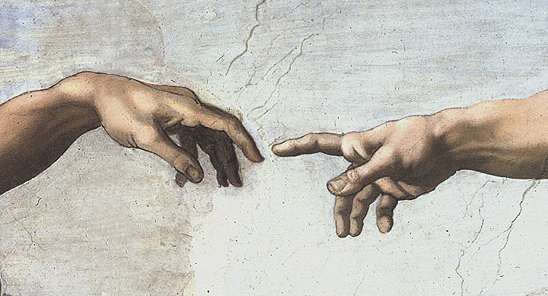It was a casual line in a casual conversation with a casual friend.
Catching up one morning last week, she mentioned that her sister now had two babies. Which is good.
She then mentioned more babies were hoped for. Also good.
Then, she said it. “I’m not sure when the next baby will come along, but she’s got four more on ice.”
“Four more on ice.” I wasn’t sure how to respond. Like I said, casual conversation, casual friend.
But, because I’m me and utterly incapable of not being me, I looked her in the eye, and said something about sympathizing with women desperately wanting to conceive, but then added how the thought of all those little persons, forever frozen, broke my heart.
“It makes me so sad,” I told her. “I can’t help but wonder who they are, who they’d be, or how they’d delight us and surprise us.”
 After that, the conversation moved on. But I couldn’t forget the words: “Four more on ice.”
After that, the conversation moved on. But I couldn’t forget the words: “Four more on ice.”
“She doesn’t know who she’s talking about,” I told myself. “She doesn’t know who those ‘four more’ are.”
That afternoon, waiting in an airport, I scanned the news. More on Gosnell. More on same-sex marriage. More on guns. More on war and crime and poverty. More on the culture wars and men and women not getting married and the hook up culture and STDS and…again, all I could think was, “They don’t know who they are. We don’t know who we are.”
And we don’t.
Pick an area of human life, any area—marriage, family, sexuality, politics, the economy, faith, philosophy, science, education. It doesn’t matter which one, because whichever one you pick, wherever you look, you’ll find a crisis. And for as different as each crisis may be, at their core, at their root, you’ll find they all have one crisis in common: a crisis of identity.
As men and women, we don’t know who we are anymore. It’s not just that we don’t know Christ. It’s that we don’t know us.
We don’t know what it means to be the image and likeness of God, to be men and women, mothers and fathers, bodies and souls. We don’t know our own dignity. We don’t know our own beauty. We don’t know that every word we speak and every gesture we make has the potential to make visible the invisible God, to reflect his glory and his love.
Somewhere along the way, as a culture, we forgot that. We also forgot that each and every person has their own particular witness to bear, their own particular truth about God to reveal.
Which means we’re walking around not seeing that each of us is an unrepeatable work of wonder, that no one else in all of time will image God quite like we do, and that when we silence the witness of any one of us—inside the womb or outside the womb—we’re losing more than a person. We’re losing a glimpse of God that no one else can or will give.
But again, we don’t see that. We don’t see any of it. So we don’t live it. We don’t live it in politics. We don’t live it in the workplace. We don’t live it in relationships.
We give ourselves away to people we shouldn’t, when we shouldn’t, in ways we shouldn’t. We speak cruelly and thoughtlessly. We pursue things that don’t matter—money, power, fame, sensual pleasure and sensual goods—at the expense of the things that do matter—family, friends, our souls, our God. We turn our backs on others, we advocate for legislation that enshrines lies about who we are in law, and every day, in a hundred different ways, we fail to pour out our energy, our love, and all our blessings for the good of others.
We also stab newborn babies in the neck, ignore inconvenient truths when it serves our political pets, and detonate bombs that take the lives of innocent boys.
But how do you tell people that? How do you help them see? How do you get them to understand that when they’re freezing embryos or aborting babies or abusing their bodies, they’re doing something infinitely worse than juggling pottery rescued from the ashes of Pompei or letting children doodle on Caravaggio canvasses?
Truth? There is no one, sure-fire way. You pray for a miracle. And you do your best to heal your own blindness—reading the Scriptures, studying the saints, receiving the Sacraments. You let your own vision be shaped by grace. You learn the Theology of the Body.
Then you live it. You live what it means to be the image of God. You live the truth of your masculinity or femininity. You become a spiritual father or a spiritual mother. You treat everyone you meet as a gift, as the beautiful, precious unrepeatable work of wonder that they are.
In other words, you treat them like the Person they image. You treat them like Christ: You visit them when they’re in prison, feed them when they’re hungry, and clothe them when they’re naked. You also smile at them in the grocery store, choose not to cut them off in traffic, and refrain from flipping them the bird when they don’t do the same. And you hope, as you do it all, that love catches, that dignity is contagious.
Ultimately, loving as God calls us to love isn’t brain surgery. Being who we’re called to be isn’t astrophysics. But it starts with knowing—knowing how we’re called to love and knowing who we’re called to be.
That’s where our culture has it all wrong. And that’s where we’ve got to get it right.
